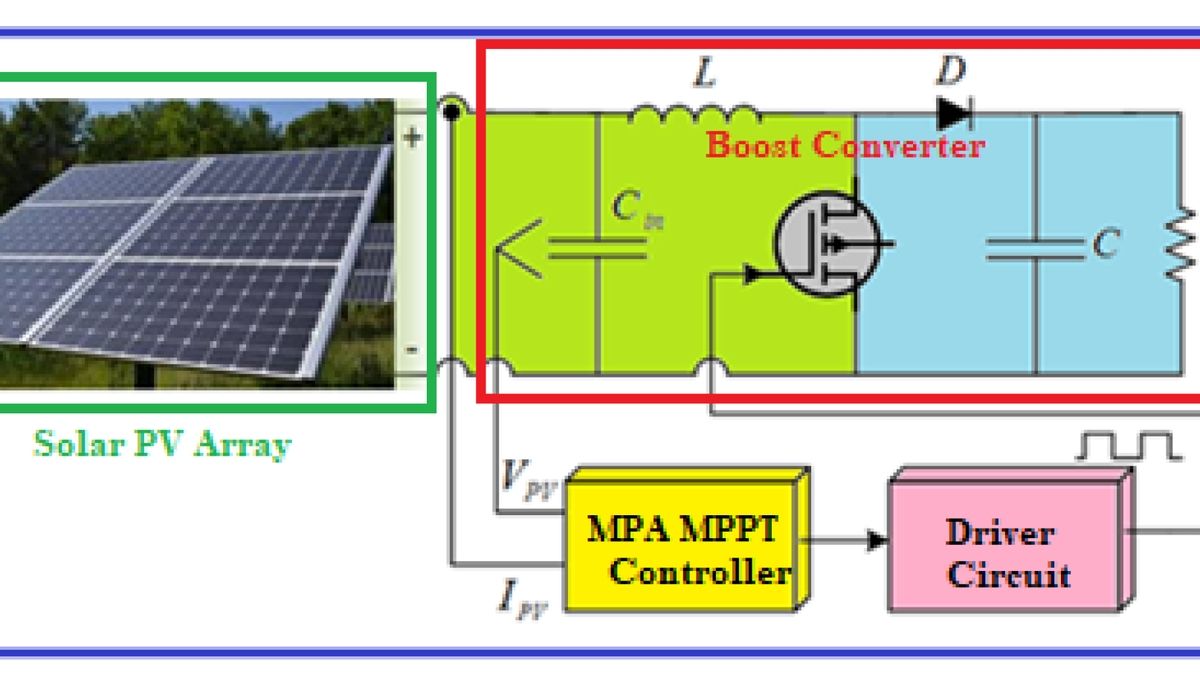Revolutionizing PV Systems: Jordanian and Ethiopian Researchers Tackle Shading with Genetic Algorithms – BNN Breaking
In an innovative leap forward, researchers from Al-Ahliyya Amman University and Addis Ababa Science and Technology University have unveiled a groundbreaking method to significantly enhance the efficiency of photovoltaic (PV) systems operating under the challenging conditions of partial shading. This new technique, marrying a genetic algorithm (GA) with a backstepping controller (BSC), marks a pivotal advance in solar energy technology.
Breakthrough in Solar Energy Efficiency
The crux of this advancement lies in its ability to identify and harness the global maximum power point (GMPP), a feat not achievable with traditional Maximum Power Point Tracking (MPPT) approaches under partial shading scenarios. By optimizing the PV system’s voltage, the combined GA and BSC methodology not only mitigates power loss by 33% but also emerges as a cost-effective alternative to existing stability methods. The researchers’ simulation in Maroua, Cameroon, showcased the system’s swift stabilization capabilities and its robustness against the partial shading effect, positioning this technique as a highly promising solution for enhancing solar power yield.
Methodology and Implications
The genetic algorithm and backstepping controller work in tandem to dynamically adjust the PV module’s voltage, ensuring optimal power output. This method’s superiority over conventional strategies stems from its precision in tracking the GMPP, thereby substantially reducing power loss and operational costs. The findings, detailed in the paper titled ‘Enhancing MPPT performance for partially shaded photovoltaic arrays through backstepping control with Genetic Algorithm-optimized gains,’ published in Scientific Reports, signify a significant leap towards maximizing the efficiency of solar power systems under diverse environmental conditions.
Future Perspectives
This research not only paves the way for more resilient and efficient solar power systems but also holds the potential to revolutionize the solar energy sector by reducing dependency on non-renewable energy sources. As the world gravitates towards sustainable energy solutions, the adoption of such innovative technologies could significantly contribute to mitigating the global energy crisis, underscoring the vital role of scientific research in addressing contemporary challenges.
The collaborative efforts of Jordanian and Ethiopian researchers underscore the importance of international cooperation in advancing renewable energy technologies. As the quest for sustainable and efficient energy solutions continues, this breakthrough offers a glimpse into the future possibilities of solar energy optimization and its pivotal role in the global transition towards green energy.


